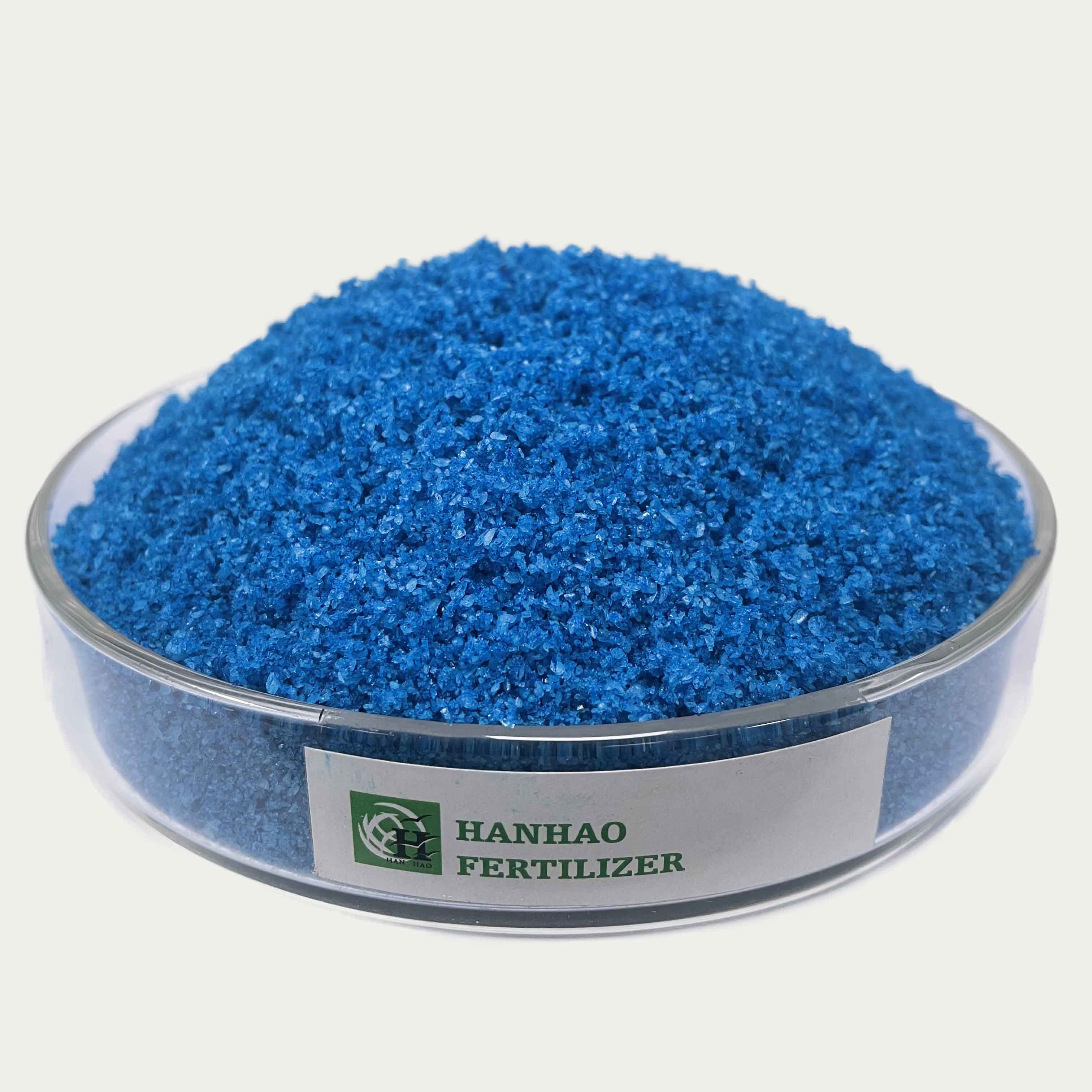
Kas . 10, 2024 16:50 Back to list
High Nitrogen Fertilizers for Promoting Vegetative Growth in Leafy Vegetables
The Importance of High Nitrogen Vegetable Fertilizer for Thriving Gardens
In the world of gardening and agriculture, fertilizers are vital for enhancing plant growth and ensuring the health of crops. Among the various types of fertilizers available, high nitrogen vegetable fertilizers have gained particular attention due to their significant role in promoting lush vegetation and bountiful harvests. This article explores the importance of nitrogen in plant growth, the characteristics of high nitrogen fertilizers, their application, and best practices for use.
Understanding Nitrogen’s Role in Plant Growth
Nitrogen is one of the three essential macronutrients required by plants, alongside phosphorus and potassium. It is a crucial component of amino acids, the building blocks of proteins, and plays a fundamental role in the formation of chlorophyll, which is essential for photosynthesis. Adequate nitrogen levels foster vigorous leafy growth, enhancing the plant's ability to capture sunlight and convert it into energy.
High nitrogen fertilizers typically contain a larger proportion of nitrogen compared to other nutrients. Common sources of nitrogen include urea, ammonium nitrate, and calcium nitrate. These fertilizers encourage quick growth and are particularly beneficial during the early stages of vegetation when plants require a substantial amount of nitrogen to develop robust foliage.
Characteristics of High Nitrogen Fertilizers
1. Rapid Nutrient Availability High nitrogen fertilizers often provide plants with readily available forms of nitrogen, allowing for rapid uptake. This quick release stimulates immediate growth, making it ideal for fast-growing crops such as leafy greens and vegetables.
2. Promotes Leafy Growth Vegetables that are grown for their leaves, such as lettuce, spinach, and kale, greatly benefit from high nitrogen fertilizers. The increased nitrogen levels encourage dense leaf formation, resulting in healthier plants and greater yields.
3. Soil Health Improvement When used appropriately, high nitrogen fertilizers can enhance soil health by encouraging the growth of beneficial microorganisms. Healthy soil contributes to better nutrient cycling and supports the overall ecosystem of the garden.
Application of High Nitrogen Fertilizers
high nitrogen vegetable fertilizer

When applying high nitrogen fertilizers, timing and method are critical to maximizing their efficacy
1. Soil Testing Before applying any fertilizer, it’s essential to conduct a soil test to assess existing nutrient levels. This will help determine the necessary amount of nitrogen to apply, preventing over-fertilization, which can lead to nutrient runoff and environmental damage.
2. Timing The best time to apply high nitrogen fertilizers is during the early growth stages of the plants. For many vegetable crops, this is typically in the spring or just after planting when seedlings are becoming established.
3. Application Methods High nitrogen fertilizers can be applied as granular formulations or liquid feeds. Granular fertilizers can be worked into the soil prior to planting or top-dressed during the growing season. Liquid fertilizers, on the other hand, are ideal for quick nutrient absorption and can be used in foliar sprays to provide immediate access to nutrients.
Best Practices for Using High Nitrogen Fertilizers
1. Balanced Nutrition While nitrogen is vital, a balanced approach to fertilization is essential. Excessive nitrogen can lead to imbalanced nutrient levels, resulting in poor fruit and root development. Incorporating phosphorus and potassium, as well as micronutrients, is crucial for overall plant health.
2. Monitor Plant Health Regularly observe the plants for signs of nitrogen deficiency, such as yellowing leaves or stunted growth. Conversely, be cautious of excessive nitrogen, which can cause overly lush growth susceptible to pests and diseases.
3. Sustainable Practices To minimize environmental impact, consider using organic high nitrogen sources like composted manure or blood meal. These not only provide nitrogen but also improve soil structure and promote long-term fertility.
Conclusion
High nitrogen vegetable fertilizers are an essential tool for gardeners and farmers aiming to achieve vibrant, productive gardens. By understanding the role of nitrogen in plant development and following best practices in application, one can cultivate robust vegetable crops that yield abundant harvests. Embracing these strategies ensures not only successful gardening but also promotes sustainable agricultural practices for future generations.
-
High-Quality NPK Fertilizer Raw Material Manufacturer & Supplier Trusted Factory Exporter
NewsJul.08,2025
-
Organic 20-20-20 Plant Fertilizer Supplier Premium Organic Fertilizer Manufacturer
NewsJul.08,2025
-
Ammonium Sulfate Fertilizer Market - Leading Manufacturer, Supplier & Factory Solutions
NewsJul.08,2025
-
Premium Water Soluble Fertilizer 20-20-20 Reliable Manufacturer & Competitive Prices
NewsJul.07,2025
-
10-52-10 Fertilizer Supplier – Premium NPK Compound & Granular Fertilizers for Crop Growth
NewsJul.07,2025
-
Best Blueberry Organic Fertilizer - Premium Factory & Supplier Boost Your Blueberry Yield
NewsJul.07,2025
